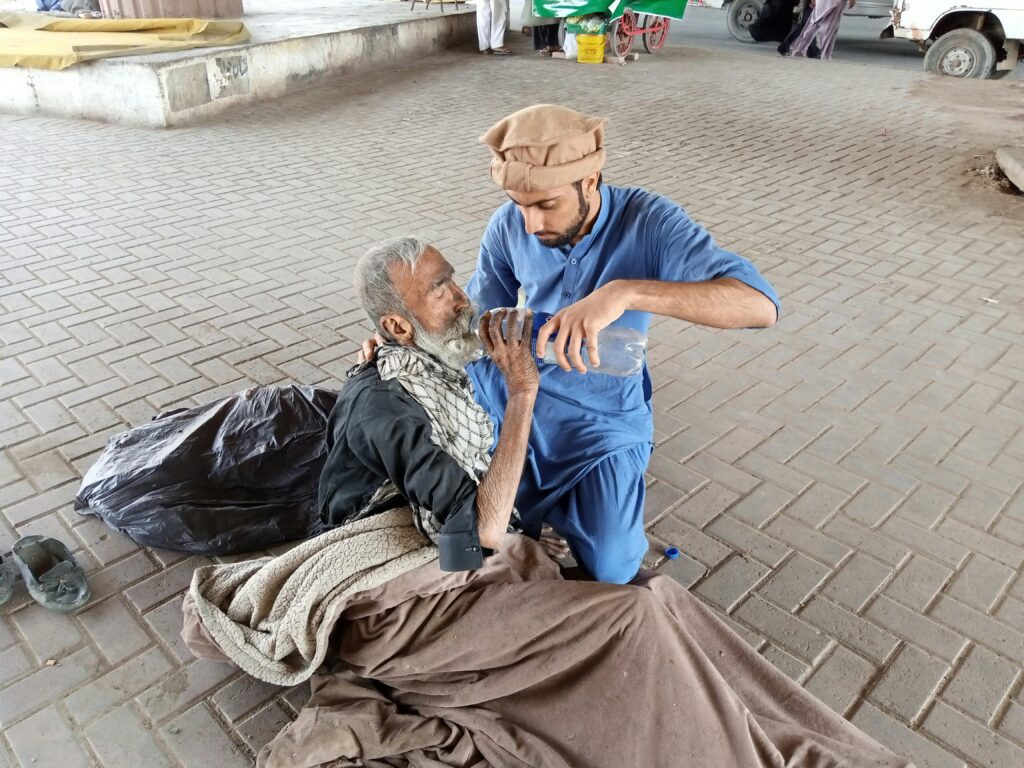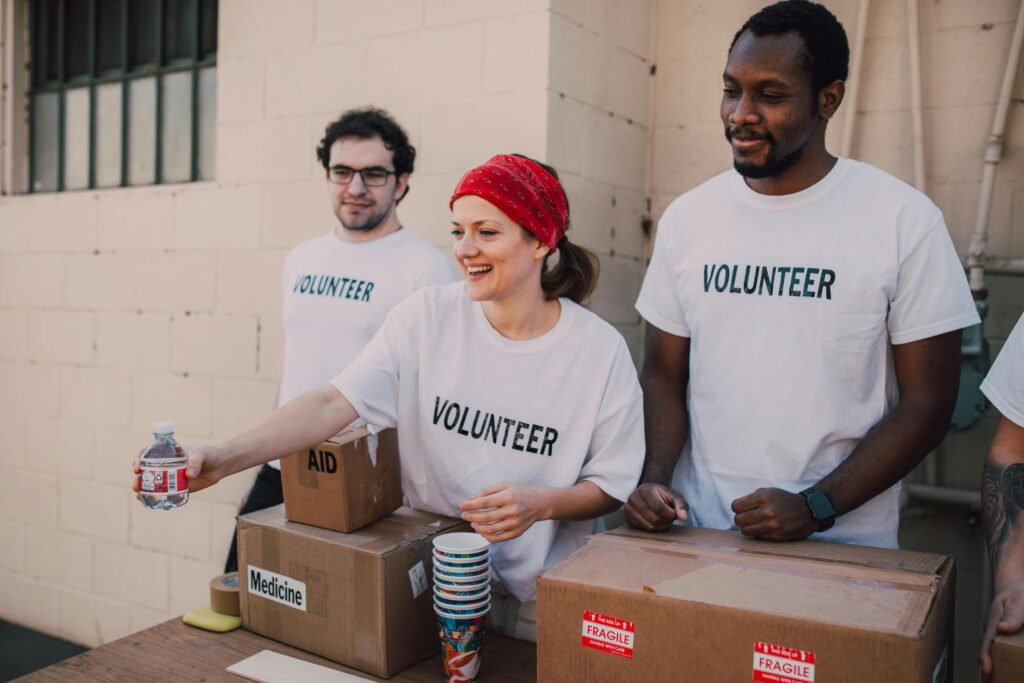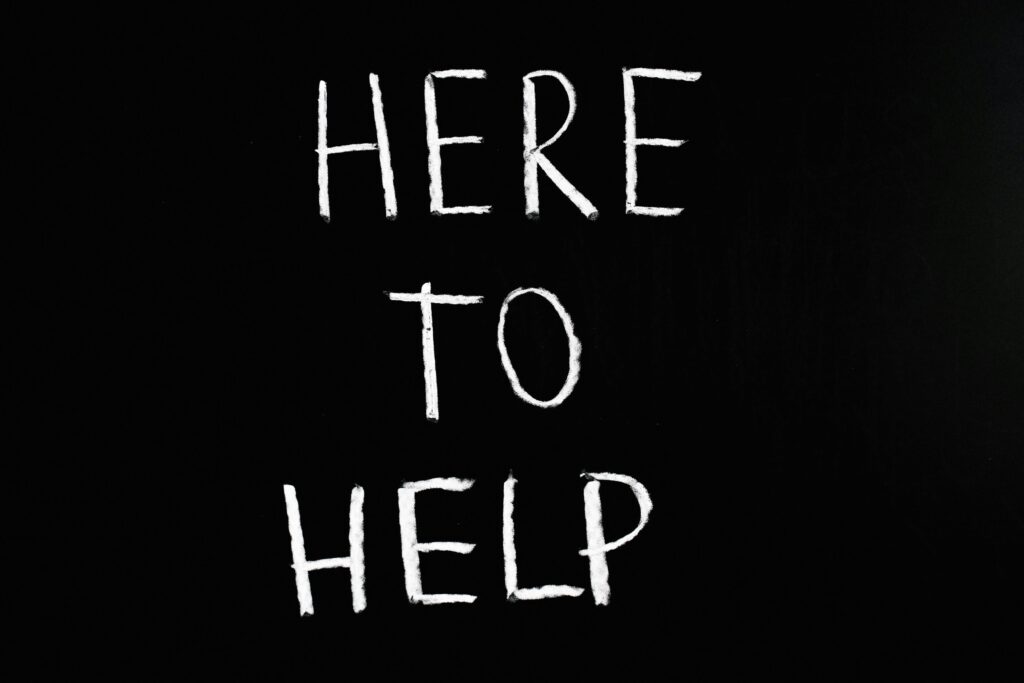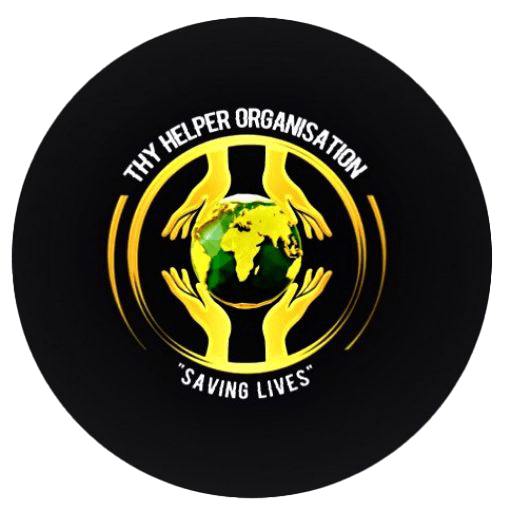When we see people suffering or in desperate need of help, it’s easy to look away or convince ourselves that someone else will step in. However, the act of turning a blind eye to someone else’s pain not only diminishes our shared humanity but also misses an opportunity to make a real difference.
1. Human dignity and empathy
At the core of helping others lies a deep sense of empathy. When we see suffering, it should stir something within us because, as human beings, we are fundamentally connected by shared experiences of hardship, joy, and vulnerability. Ignoring someone’s pain erodes this bond and weakens our capacity to feel for others. Empathy allows us to recognise that suffering could happen to anyone, including ourselves. Helping others honours their dignity, acknowledging that every person deserves support in times of crisis.
2. The ripple effect of kindness
When we help those in need, even in small ways, it creates a ripple effect that extends beyond the immediate act of kindness. Small gestures like offering food, clothing, a listening ear, or connecting someone with resources can lead to broader, life-changing outcomes. Your single act of help can inspire others to do the same, creating a culture where kindness and generosity become the norm. Societies where people look out for one another tend to have stronger, more resilient communities.

3. Breaking the Cycle of Suffering
Ignoring the suffering of others can perpetuate cycles of poverty, inequality, and injustice. When people in need are left without support, their situations can worsen, leading to more entrenched forms of suffering like homelessness, hunger, or isolation. By helping, we can break this cycle, providing people with opportunities to recover, rebuild, and thrive. On a larger scale, systemic change often starts with small acts of personal responsibility and intervention.
4. Moral Responsibility and Justice
There’s a moral obligation to care for those who cannot care for themselves. While governments and organisations often provide aid, individual responsibility is equally important. It’s not enough to leave the burden of helping others, especially when we are in a position to make a difference. Morally, it’s the right thing to do. By offering help, we advocate for justice in a world where inequality often leads to avoidable suffering.

5. Mental Health and Well-Being
Helping others can also have a positive effect on our own mental health. Studies show that acts of kindness boost feelings of happiness, satisfaction, and purpose. When we connect with others in meaningful ways—especially those who are struggling—it reminds us of our own capacity for good and strengthens our sense of belonging in the world. This mutual benefit makes helping others an act of healing for both the giver and the receiver.
6. Preventing Indifference
Indifference to suffering can desensitise us over time. When we repeatedly ignore the struggles of others, it becomes easier to justify not caring in future situations. This can lead to a cold, disconnected society where people stop seeing the value in supporting one another. Being actively engaged in helping those in need prevents this numbness from setting in. It keeps us connected to the very real human experience of compassion and care.
7. Building Resilient Communities
Communities thrive when there is mutual support among their members. When people help others during difficult times, it creates an environment where everyone feels safer, more secure, and valued. In times of disaster or hardship, those communities that are rooted in empathy and care tend to recover faster because of the strong social bonds that are built through acts of kindness. A healthy society is one where people actively look out for each other.

8. You Might Need Help One Day
Lastly, it’s important to remember that life is unpredictable. Anything can happen to anyone tomorrow, and you could find yourself in a position where you will need help, whether due to hardship, illness, financial, or unforeseen circumstances. We should keep fostering a culture where helping others is standard; let’s put in place supporting and caring systems for everyone, including ourselves. Helping others could mean that we are contributing to a safety net that may one day catch us when we fall.
Conclusion: Embrace the Call to Help
Turning away from suffering might seem like the easier path, but it ultimately leads to a colder, more fragmented world. We should never hide our eyes from anyone suffering; instead, we should offer any support. There must be something you can offer; most times, even a smile, hugs, greetings, and reassurance can go a long way to rescue or revive someone attemping to commit suicide or dieing of starvation. By engaging with the pain and desperation of others, we’re creating opportunities for growth, transformation, and healing. Either through small acts of kindness, committing your time and resources, or rendering assistance to those in desperate need is not just a moral duty but a strong path to building a world full of empathy, love, compassion, care, and unity.

